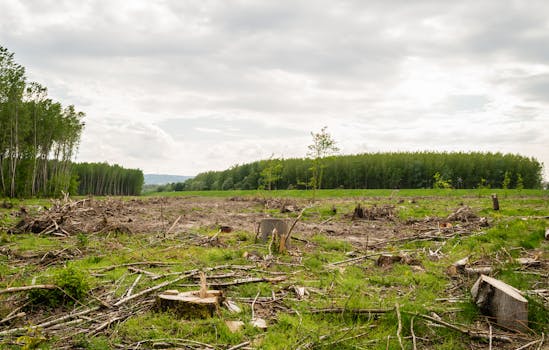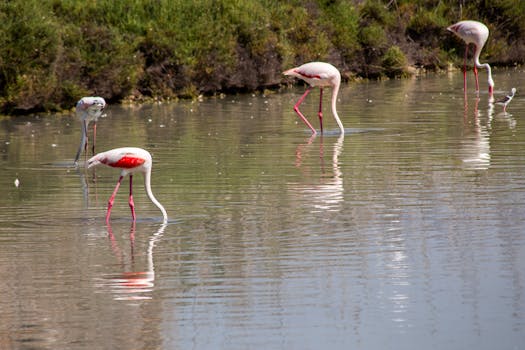
The Impact of Climate Change on Global Biodiversity is a pressing concern that has far-reaching consequences for the health of our planet. Climate change is having a profound impact on global biodiversity, leading to ecosystem disruption, species extinction, and loss of ecosystem services. Rising temperatures, changing precipitation patterns, and increased frequency of extreme weather events are all taking a toll on the natural world.
One of the most significant effects of climate change on biodiversity is the disruption of ecosystems. As temperatures rise, many species are being forced to adapt to new environments, leading to changes in population dynamics, community composition, and ecosystem processes. This can have cascading effects throughout entire ecosystems, leading to the loss of ecosystem services such as pollination, pest control, and nutrient cycling.
Another major impact of climate change on biodiversity is the increased risk of species extinction. As temperatures rise, many species are being pushed beyond their thermal tolerance limits, leading to population decline and eventually extinction. This is particularly true for species that are already vulnerable due to habitat loss, fragmentation, or other human activities. The current rate of species extinction is estimated to be 100 to 1,000 times higher than the natural rate, with many species facing an increased risk of extinction due to climate change.
Causes and Consequences of Climate Change

So, what are the causes of climate change, and how are they impacting biodiversity? The main cause of climate change is the increasing levels of greenhouse gases in the atmosphere, primarily carbon dioxide, which is released through human activities such as burning fossil fuels, deforestation, and land-use changes. These gases trap heat in the atmosphere, leading to rising temperatures and altered weather patterns.
The consequences of climate change are far-reaching and have significant implications for biodiversity. Rising temperatures are altering the distribution and abundance of species, disrupting ecosystems, and leading to the loss of ecosystem services. Changes in precipitation patterns are also having a major impact, with droughts and floods becoming more frequent and severe. This can have devastating effects on ecosystems, leading to the loss of habitat, reduced water quality, and increased risk of wildfires.
Impact on Ecosystem Services

Climate change is not only affecting biodiversity but also the ecosystem services that are essential for human well-being. Ecosystem services such as pollination, pest control, and nutrient cycling are all being impacted by climate change, with significant consequences for food security, human health, and economic development.
For example, changes in temperature and precipitation patterns are altering the distribution and abundance of pollinators, such as bees and butterflies, which are essential for crop production. This can lead to reduced crop yields, decreased food security, and economic losses for farmers and communities. Similarly, changes in climate are altering the distribution and abundance of pests and diseases, which can have significant impacts on human health and economic development.
Conservation and Management Strategies

So, what can be done to mitigate the impacts of climate change on biodiversity? Conservation and management strategies are critical for reducing the risks associated with climate change and protecting ecosystem services. This can include measures such as habitat restoration, species reintroduction, and assisted migration, which can help to reduce the risk of extinction and promote ecosystem resilience.
Additionally, climate-smart conservation and management strategies can help to reduce the vulnerability of ecosystems to climate change. This can include measures such as sustainable land-use planning, ecosystem-based adaptation, and climate-resilient infrastructure, which can help to reduce the risks associated with climate change and promote ecosystem services.
In conclusion, The Impact of Climate Change on Global Biodiversity is a pressing concern that requires immediate attention and action. Climate change is having a profound impact on global biodiversity, leading to ecosystem disruption, species extinction, and loss of ecosystem services. It is essential that we take a proactive approach to mitigating the impacts of climate change, through conservation and management strategies that promote ecosystem resilience and protect biodiversity.




